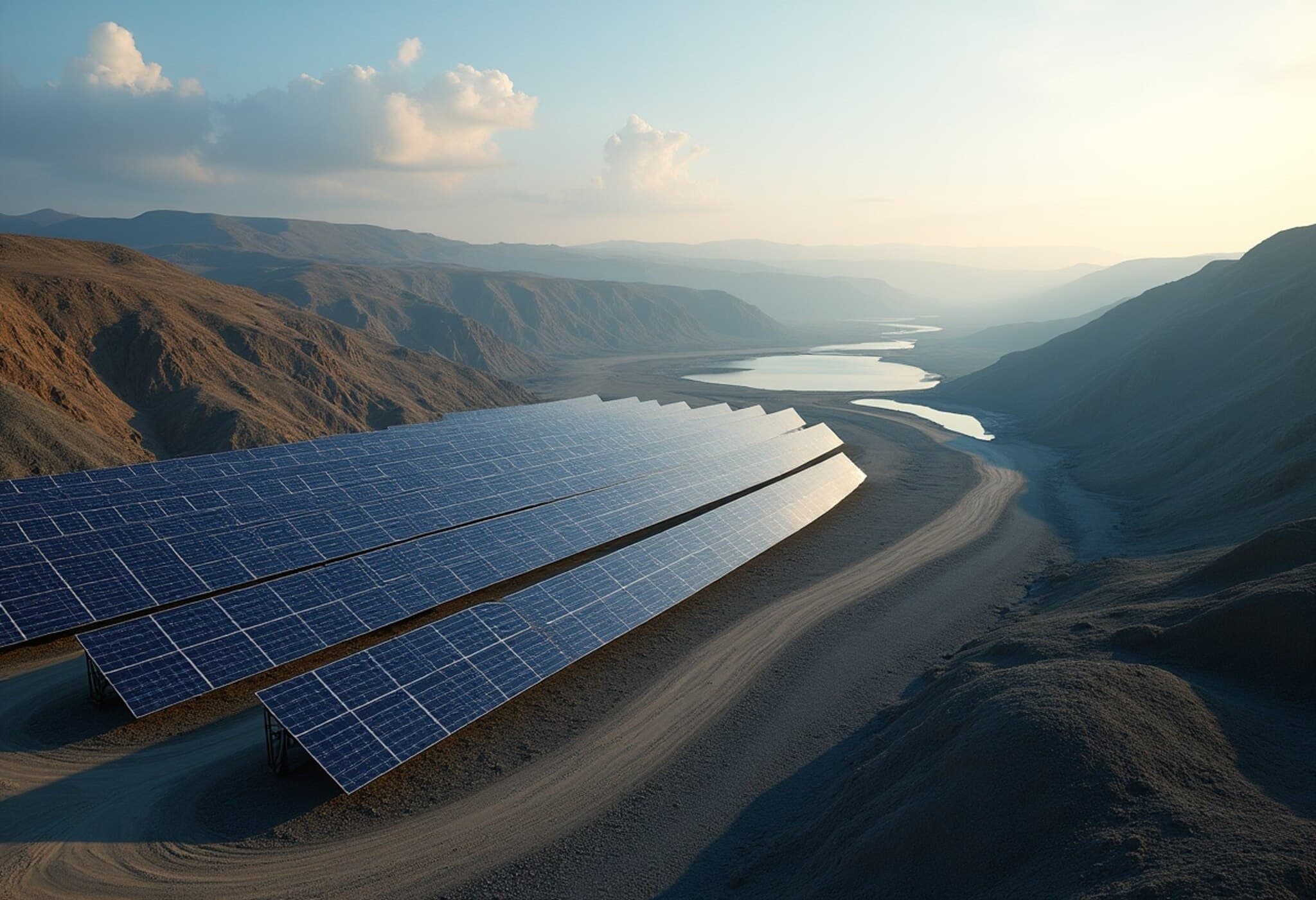France Confronts Heatwaves and Political Crosswinds Over Air Conditioning
As Europe faces relentless record-breaking heatwaves, France finds itself at the crossroads of climate adaptation, cultural identity, and upcoming national elections. Marine Le Pen, leader of the far-right National Rally and a prominent figure for the 2027 presidential race, has stirred the political pot by proposing a sweeping initiative to mandate air conditioning in public spaces across the country.
Le Pen’s Bold Proposal: Air Conditioning as a Public Health Measure
During a heated parliamentary session, Le Pen emphatically stated, "air conditioning saves lives," highlighting the urgent need to shield French citizens from deadly summer temperatures. Alongside Éric Ciotti, her close ally, she tabled new legislation demanding the installation of air conditioning in essential public facilities—hospital wards, schools, and government offices included. This plan taps into growing public concerns as heatwaves intensify and steadily disrupt everyday life.
Despite its apparent urgency, this proposal touches a nerve. Air conditioning remains relatively scarce in France—according to the national environment agency, Ademe, only 25% of French households had AC as of 2020, a modest rise from 2016’s 14%. This reluctance stems partly from cultural attitudes that long favored natural cooling methods and skepticism towards energy-heavy appliances perceived as environmentally harmful.
The Environmental Backlash and Urban Heat Island Concerns
Le Pen’s plan met immediate blowback from environmentalists and government officials alike. Agnès Pannier-Runacher, France’s Minister for Ecological Transition, criticized the proposal sharply, framing intensive air conditioning deployment as a superficial fix that may exacerbate urban heat problems.
"Air conditioning cools one room while pumping hot air out into the streets," she remarked. This leads to an intensification of the urban heat island effect, where concrete and asphalt surfaces absorb and radiate heat, compounding climatic stress on communities.
Likewise, Green Party leader Marine Tondelier condemned the plan as a simplistic “band-aid,” urging for more sustainable measures such as enhancing building insulation, urban greening, and structural reforms.
Scientific Insights: How AC Can Both Help and Hinder
Research from 2020 focusing on Paris’s climate revealed that mass air conditioning use, if unregulated, can increase local temperatures by several degrees Celsius. This paradox highlights the complex balance between short-term human comfort and long-term environmental health.
French Air Conditioning Regulations: Balancing Comfort, Noise, and Energy Efficiency
For homeowners and public authorities alike, adopting or expanding air conditioning comes with a framework of strict regulations:
- Planning approvals: Required particularly if AC installation modifies exterior façades or involves shared apartment buildings.
- Noise limits: Set at 25 dB during the day and 20 dB at night to respect neighbors’ peace.
- Certified installations: Only licensed professionals may install AC units, ensuring safety and efficiency.
- Environmental standards (RE2020): New buildings must meet energy consumption caps, favoring heat pumps and insulation upgrades.
- Usage guidelines: AC should only operate when temperatures exceed 26°C to limit unnecessary energy use.
- Regular maintenance: Mandatory inspections and certification for larger systems containing refrigerant to prevent leaks and inefficiencies.
Financially, the cost ranges from €700 to €6,000, inclusive of installation, underscoring that large-scale adoption would require substantial investment from both private citizens and government bodies.
Contextualizing the Debate: Climate Adaptation Meets Political Strategy
Le Pen’s proposal reflects a broader tension between pragmatic adaptation and environmental stewardship. In the American context, parallels can be drawn with increasing debates over grid capacity, equitable access to cooling for vulnerable populations, and the environmental trade-offs of widespread air conditioning use. Policies encouraging green infrastructure, energy-efficient cooling technology, and urban forestry are gaining traction as complement or alternatives.
As heatwaves grow more frequent and intense due to climate change, societies worldwide face hard choices: how to protect public health without accelerating environmental degradation. France’s conversations this summer illuminate this global dilemma, with upfront political and ecological stakes entangled ahead of crucial elections.
Editor’s Note
This unfolding story raises essential questions about managing climate risks in densely populated urban environments. While air conditioning can offer immediate relief and save lives during extreme heat events, it carries hidden costs that extend beyond utility bills to broader urban ecosystems. Policymakers must navigate these competing priorities with nuance, integrating cooling solutions within a holistic framework of sustainable design, energy innovation, and social equity. As France wrestles publicly with these challenges, the world watches—and learns.














